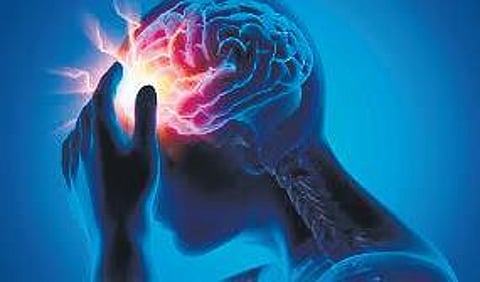

Myth: Strokes are always fatal
Fact: While stroke is a serious medical emergency, it is not fatal always. The outcome largely depends on the type of stroke, how quickly treatment is administered, and the-affected brain region. With modern treatments-such as thrombolysis (clot-busting medication) and mechanical thrombectomy, many stroke patients can recover significantly if treated-within the golden hour.
Myth: Strokes are always easy to recognise
Fact: Symptoms like slurred speech, confusion, or mild numbness may develop slowly, leading people to underestimate the seriousness. Additionally, some strokes present with atypical symptoms such as dizziness, nausea, or blurred vision, which can easily be mistaken for other conditions. Education around recognising subtle signs and following the FAST (Face, Arms,-Speech, Time) principle is crucial.
Myth: Stroke symptoms are same for everyone
Fact: Stroke symptoms can vary depending on which part of the brain is affected and individual patient factors like age, sex, and underlying health conditions. For example, women are more likely to experience less typical stroke symptoms--fatigue, and nausea, which can delay recognition. Older adults may show signs of stroke through confusion or disorientation, while younger people may dismiss symptoms like numbness or vision problems as less serious.
Myth: If symptoms go away, it’s not a stroke
Fact: If stroke symptoms resolve on their own within minutes, it is often a transient ischemic attack (TIA), also known as a “mini-stroke.” Although a TIA doesn’t cause lasting damage, it serves as a warning sign for a full blown stroke. Studies show that individuals who experience TIA have a much higher chance of experiencing a major stroke within days or weeks. Immediate medical evaluation is necessary.
Dr Praveen Gupta
Principal Director & Chief, Neurology, Fortis
Memorial Research Institute, Gurugram